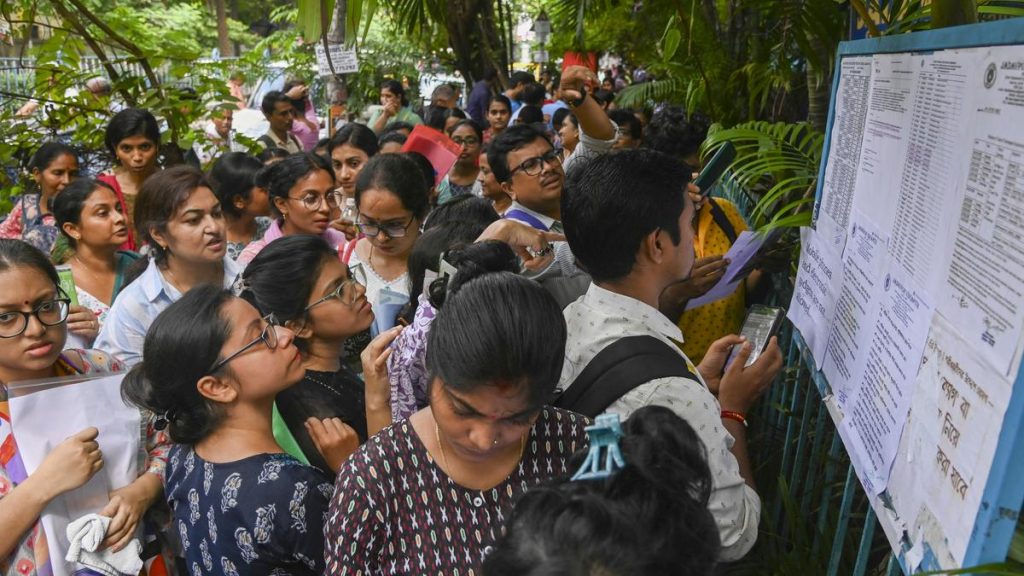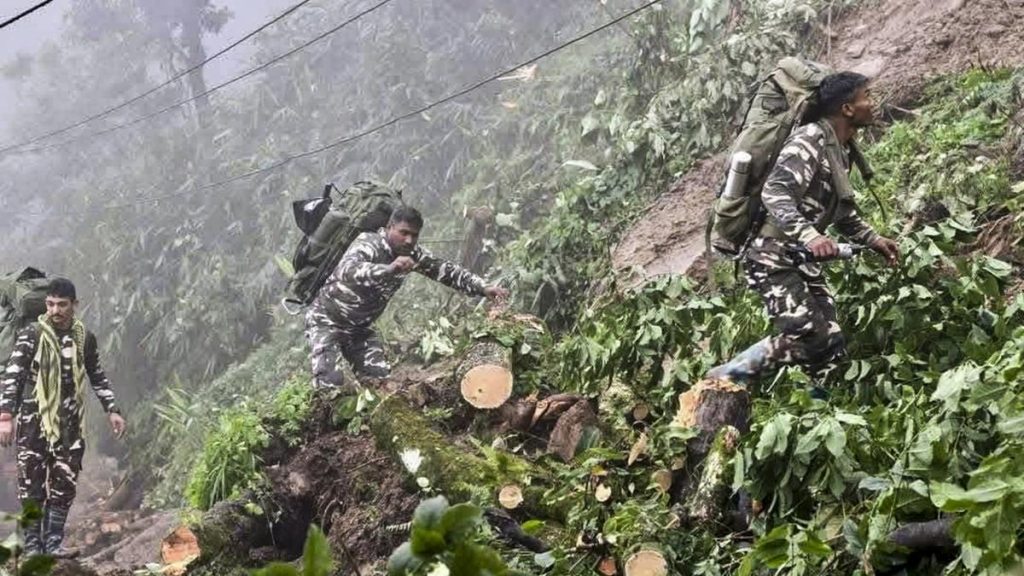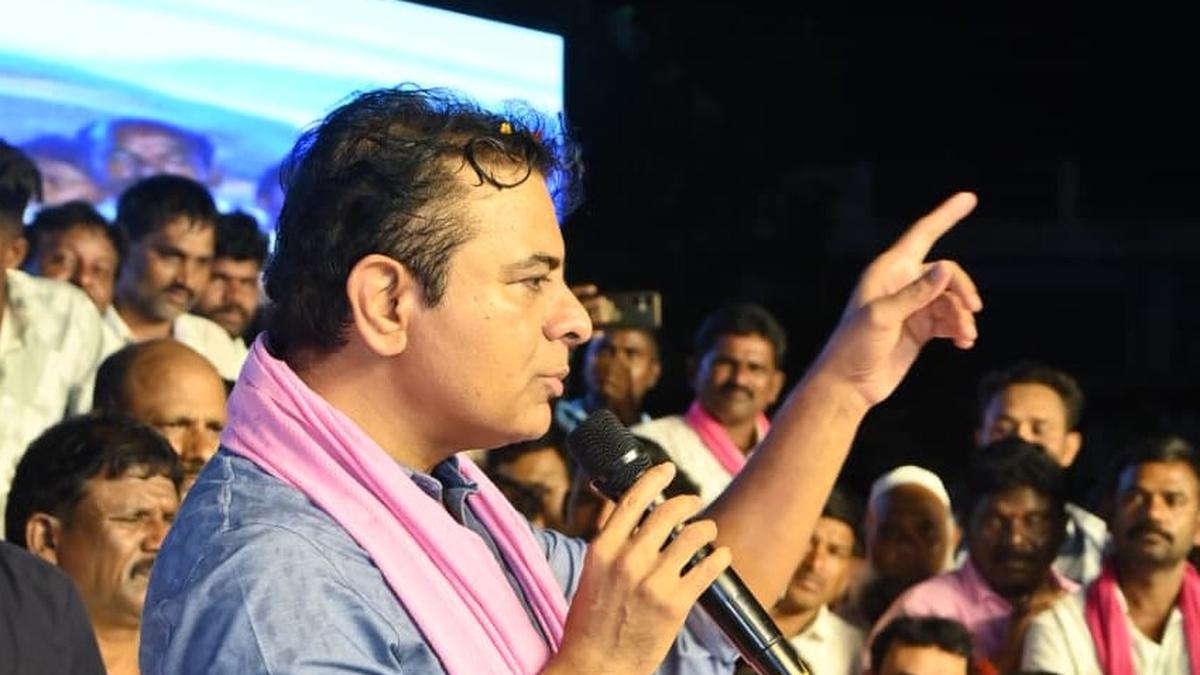Now Reading: ECI’s Citizenship Proof Rules in SIR Could Erode Public Trust: Ex-Election Commissioner
-
01
ECI’s Citizenship Proof Rules in SIR Could Erode Public Trust: Ex-Election Commissioner
ECI’s Citizenship Proof Rules in SIR Could Erode Public Trust: Ex-Election Commissioner
Rapid Summary:
- Former Election Commissioner Ashok Lavasa raised concerns over the Election Commission of India’s (ECI) special intensive revision (SIR) of electoral rolls,particularly in Bihar.
- During the Ajay Gandhi Memorial Lecture in Hyderabad,Lavasa called the exercise “unprecedented” and warned it could set problematic precedents if expanded nationwide.
- the current methodology creates categories based on voter enrollment dates-voters enrolled before 2003 presumed eligible, while those added later required varying levels of documentation depending on their birth year.
- Practical challenges arose due to factors like natural disasters,migration,and limited access to documents; consequently,out of 7.89 crore electors in Bihar, only 7.24 crore names were retained after revisions.
- Lavasa questioned the fairness and legality of eliminating 65 lakh names from rolls without serving individual legal notices under claims of “purifying” electoral data.
- He highlighted that Aadhaar was permitted by Supreme Court intervention but noted difficulties associated with conclusively proving citizenship through available documents.
- The new approach’s reliance on pre-filled forms instead of direct verification further complex matters and contributed to exclusions categorized as ‘dead,’ ‘migrated,’ or ‘duplicate.’
Indian Opinion Analysis:
the SIR process implemented by the ECI highlights significant administrative shifts that could have broad implications for India’s democratic framework. While periodic roll revisions are crucial for maintaining accurate voter lists, widespread exclusions stemming from procedural changes raise questions about accessibility and fairness-key pillars underpinning inclusive elections as independence.
Practical barriers such as lack of documentation among marginalized communities amplify concerns about disenfranchisement during a system overhaul like this one in Bihar. The absence of direct field verification adds to potential inaccuracies; so it is indeed essential for authorities administering roll revisions nationally or regionally to prioritize citizen-centric approaches firmly grounded in constitutional safeguards.
Lavasa’s critique underscores both operational pitfalls and risks arising from legally ambiguous processes affecting public trust in institutions directly tied to democratic participatory rights-a critical issue deserving careful policy evaluation before larger implementation efforts proceed.
Read more at: Link
























